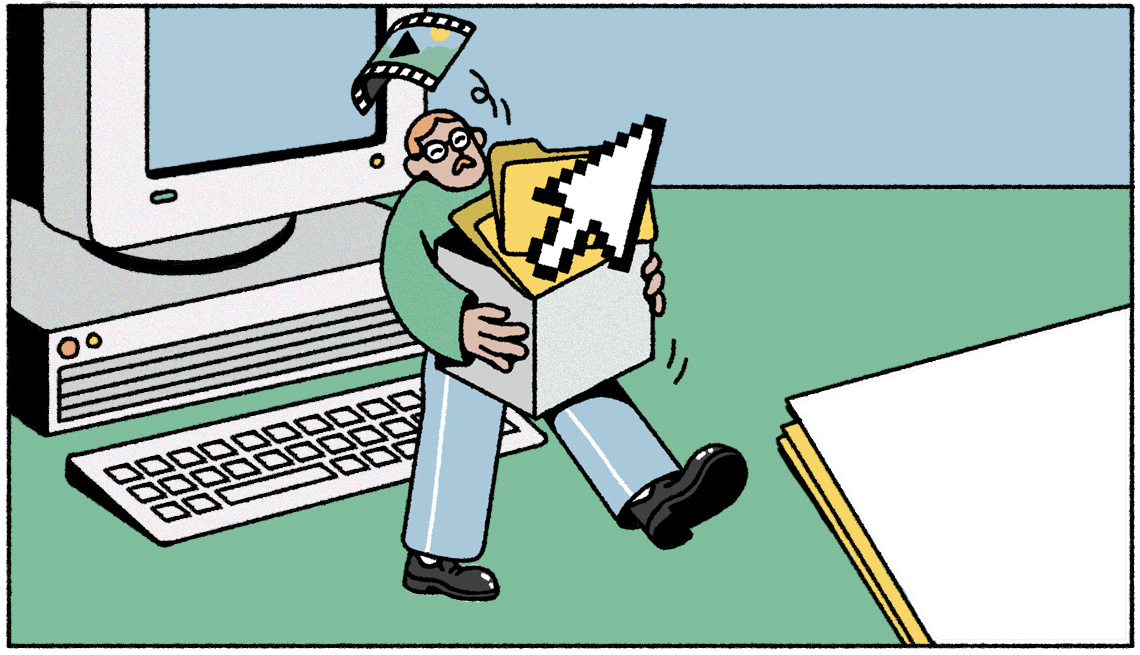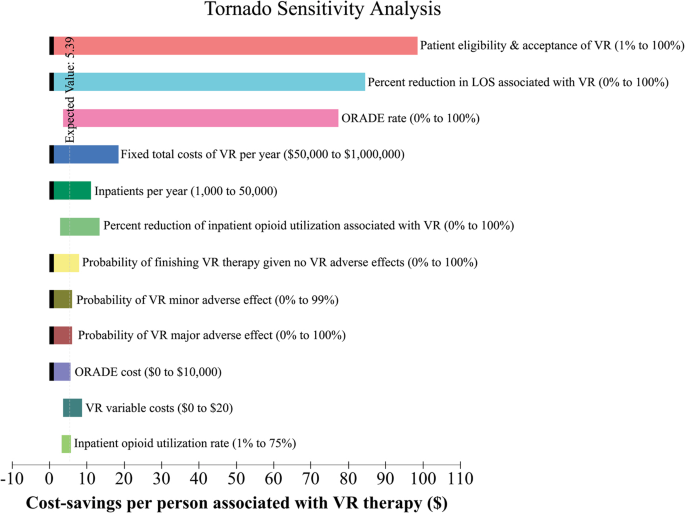
- Select a language for the TTS:
- UK English Female
- UK English Male
- US English Female
- US English Male
- Australian Female
- Australian Male
- Language selected: (auto detect) - EN
Play all audios:
Find VA policies on privacy and patient rights, family rights, visitation, and more. Before visiting a patient at a VA facility, review these guidelines: PLEASE READ - UPDATED VISITATION
POLICY FOR DAYTON VA 1. Effective immediately, Dayton VAMC is moving forward with the recently released VHA COVID-19 Masking Guidance. Masking continues to be required for High-risk areas
designated by a Mask Required Sign. a. MASKING IS REQUIRED FOR STAFF, VETERANS, AND VISITORS for these areas, including associated waiting areas: * Dialysis * Chemotherapy units *
ED & urgent care * Open Bay Medical ICUs * SCI and CLC (staff and visitors only) b. Staff may remove masks in high-risk areas only under the following circumstances: * they are
not in a patient room; * they are not within six feet of a Veteran in a congregate area (e.g., shared meals in CLC); or * they are not within six feet of a patient in an open treatment
area/room. 2. ALL OTHER AREAS NOT LISTED ABOVE - Masks will be optional, except for: * Those with a suspected or confirmed COVID-19 infection or other viral respiratory infection * VA staff
during clinical encounters when requested by a Veteran, caregiver or family member a. Alternative methods of visitation are encouraged at all times when feasible (e.g., telephone, video
visit). b. Veterans are encouraged not to bring minor children into the facility. However, minors who are symptom-free and able to maintain a face mask, and adhere to disease reduction
measures, including hand hygiene, and physical distancing will not be turned away. c. When visiting patients in the emergency department or acute care units, the visitor must first check
with the unit Nurse Manager, Charge Nurse, or Social Worker before the visit. Appropriate Personal Protective Equipment (PPE) and guidance on donning/doffing will be provided by the nursing
staff for any visitor appropriate to the patient’s current isolation status. A face mask (including an N-95 respirator) and face shield can be provided to the visitor if needed. d. Anyone
who fails to adhere to the guidelines set forth, may be issued a verbal warning by the VA Police. Continued failure to comply may result in the denial of admittance and/or termination of
visitation. 3. ADDITIONAL GUIDANCE: The following additional guideline pertains to visitation: a. For outpatient appointments and outpatient procedures, visitors are encouraged to remain in
their vehicles or outside the building for the duration of the Veteran’s appointment/procedure if possible. Companions entering the facility should stay with the patient during any
visitation period and should limit visits to other locations. The exception to this is to retrieve prescriptions from Outpatient Pharmacy, meals from the Canteen, and/or shopping in the
Canteen Store. b. Visitation guidelines are subject to change based on the COVID-19 Community Prevalence Rate and the facility’s current threat posture. The facility will maintain
communication through signage, website notifications and training of staff and volunteers at entry points. Visitors are encouraged to call the facility before arrival to ensure compliance
with current guidelines. COMMUNITY LIVING CENTER (CLC) VISITATION GUIDANCE FOR FAMILIES NOTE: All visitors must wear an appropriate medical grade mask consistent with facility policy and
must conduct hand hygiene upon entrance and exit of the Veteran’s room. Visitors are limited to the Veterans room, common areas, and outdoor courtyards for visiting purposes. * Visitors
under 14 years of age must be always supervised by an adult who is not the Veteran (patient). * *CLC is required to adhere to National Directives regarding the degree of COVID in the
community & facility (Moving Forward Plan)* 1. Visiting hours are 8:00AM - 8:00PM 2. Families are asked to phone ahead or contact the Veterans respective area before arrival or planned
visit. 3. Visitors are required to sign in with the screener (screening desk). 4. Visitors will be screened by the designated screener at the front entrance—if a visitor has a positive
screen, he/she will be unable to visit that day. 5. After screening is complete, the visitor will wait in the Lobby area while the screener contacts the Veterans neighborhood--
to make sure the Veteran can (would like) have a visitor and to send an employee to escort the visitor to the Veteran’s room. a. Outdoor visits are also permitted and encouraged. 6.
Masks must be worn during the entire visit, physical distancing of at least 6 feet must be maintained, and hand hygiene must be performed by the visitor on entry to the Veteran’s room and on
exiting the Veteran’s room. 7. If the Veteran has a roommate: a. Visitors are expected to adhere to mask wearing during the duration of the visit, handwashing, distancing,
and remain on the Veteran’s side of the room they are visiting b. Visitors are expected to be respectful of roommates and preferably visit in a common area if the roommate
remains in the shared room c. Visitations are staggered if both Veterans/roommates desire same day/times 8. Veterans are permitted to have two visitors at a time (over the
age of 2 years of age). 9. Vaccines are highly encouraged as well as COVID testing at home before visitation. 10. Visitations are not time-limited, but the visitor should be mindful of the
Veteran’s schedule for appointments, meals, activities, etc., and leave when appropriate. 11. Visits in the Neighborhood’s Common areas are also permitted, with masks, social distancing,
hand hygiene, and mindfulness of others using the space and activities in the space. **COMPASSIONATE CARE VISITS: Permitted without restrictions in the Inpatient Hospice Unit Victory Ridge
as well as CLC neighborhoods providing compassionate/end-of-life care. PROHIBITED ITEMS You're not allowed to bring weapons, cameras, or other prohibited items into the medical center,
except when you're conducting official business authorized by the Director or their designee. If you have questions about what qualifies as official business, please contact the
facility's Director. GIVING PRIVACY Our staff may ask you to leave the room when they’re caring for patients. If a staff member asks you to leave a patient's room, you may
continue your visit in the day room, waiting area, or any other public area of the facility. VISITING SERIOUSLY ILL PATIENTS Relatives and friends may visit patients who are seriously ill or
in hospice care at any time of day, unless the staff doctor says no. VISITING PATIENTS IN RESTRAINTS In general, you won't be allowed to visit patients who are in restraints. If the
treatment team decides that your visit could have a positive effect on the patient, then you may have a supervised visit with the patient when a staff member removes the restraints. Our
staff will document how the patient responds to you and other visitors. SECURITY Report to the VA police any suspicious or criminal activity, vehicle accidents, and personal property
losses on the facility grounds. For police assistance call 937-268-6511, ext. 1184 (general police assistance), 3333 (emergency) or 1300 (to report suspicious or criminal activity and remain
anonymous). VA GENERAL VISITATION POLICY The medical center respects the patient's right to make decisions about his or her care, treatment and services, and to involve the
patient's family in care, treatment, and services decisions to the extent permitted by the patient or surrogate decision-maker. "Family" is defined as a group of two or more
persons united by blood, or adoptive, marital, domestic partnership, or other legal ties. The family may also be a person or persons not legally related to the individual (such as
significant other, friend or caregiver) whom the individual considers to be family. A family member may be the surrogate decision-maker, as defined in VHA Handbook 1004.02, if authorized to
make care decisions for the individual, should he or she lose decision-making capacity or choose to delegate decision making to another. The medical center allows a family member, friend or
other individual to be present with the patient for emotional support during the course of their stay. The medical center allows for the presence of a support individual of the
patient's choice, unless the individual's presence infringes on others’ rights or safety, or is medically or therapeutically contraindicated. The individual may or may not be the
patient's surrogate decision-maker or legally authorized representative. The hospital prohibits discrimination based on age, race, ethnicity, religion, culture, language, physical or
mental disability, socioeconomic status, sex, sexual orientation, and gender identity or expression.



